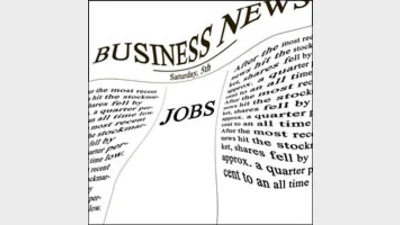Planning jobs recovering - slowly



The jobs market for financial planners appears to be recovering, but only slowly, according to new data released by recruitment firm eJobs.
The data revealed that while the number of jobs being advertised within the financial planning industry grew by 16.8 per cent in October, this number was still 32 per cent down on the same period last year.
What is more, the data suggested that some of the predictions regarding intra-fund advice fuelling growth in junior adviser staff numbers within superannuation funds had not occurred, with most growth appearing to be in the area of bank-related planning positions.
On a state-by-state basis, Queensland proved the big growth state for job advertisements through the three months to the end of October, registering a 42.4 per cent increase, followed by Western Australia with 31 per cent and Victoria and Tasmania with 30.2 per cent.
South Australia struggled with an 11.1 per cent decline in the three-month period while NSW and the ACT remained static with just a 1 per cent rise.
According to the eJobs analysis, the number of job advertisements suggested there is strong demand for financial advisers but cautions that the raw data may be illusory because an extremely high proportion of the advertisements were placed by the retail banks and AMP.
It said the manner in which the advertising campaigns were being run meant there was some duplication.
The analysis said demand at the $70,000 to $90,000 levels was highest but that $80,000 appeared to be the median base salary.
Recommended for you
AZ NGA has partnered with an Adelaide-based accounting and financial planning practice as it expands its presence in South Australia.
The central bank has released its decision on the official cash rate following its November monetary policy meeting.
ASIC has cancelled the AFSL of a Melbourne-based managed investment scheme operator over a failure to pay industry levies and meet its statutory audit and financial reporting lodgement obligations.
Melbourne advice firm Hewison Private Wealth has marked four decades of service after making its start in 1985 as a “truly independent advice business” in a largely product-led market.










